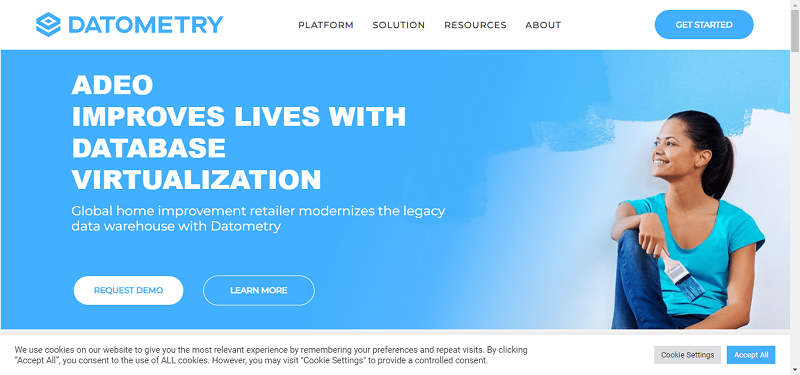The unprecedented disruptive power of the internet on long-established businesses
“The secret of change is to focus all of your energy, not on fighting the old, but on building the new.” This is a quote from the ancient Greek philosopher, Socrates, from thousands of years ago but it’s as accurate today as it ever has been.
The internet, software as a service and the transformative powers of cloud computing has upended traditional business in ways that would have been impossible to comprehend as recently as 15 years ago. Long established industries have been decimated in just a few years, while new empires have risen to take their place.
Let’s begin by looking at the music industry as an example. Who would have imagined that gigantic music chain stores like Tower Records or HMV would go the way of the dinosaur in the early 21st Century? Instead, the power has returned to artists who can shape their interaction with consumers and deliver music how and when they want to. Between 2005 and 2010, companies like YouTube, Spotify, iTunes and Deezer all launched and changed the way we consume music forever. And the revolution is only accelerating. In 2011, 60% of music sales were in physical albums, by 2014, that was down to only 46%.
Streaming music, while still not perfect, has cemented its hold as the next platform for the music industry in the foreseeable future.
The retail industry has experienced much of the same thanks in no small part to the explosive growth of one company in particular: Amazon.com. As an example, 1 out of every 4 pounds spent in the UK on entertainment over Christmas was spent on the global giant Amazon. The convenience of online shopping, where items can be searched for, purchased and delivered with just a few clicks of a mouse has led to the ‘death of the high street’, with beloved brands having faced cut backs or liquidation including HMV, Woolworths and Blockbuster.
It’s not just in entertainment or retail where disruption has been so evident. Think of an industry as established as transport. The growth of software as a service has enabled a company like Uber to flourish and become a global phenomenon in just a few short years. It launched in San Francisco in 2009 and this year, it’s projected to amass a global booking revenue of over $26-billion. That’s astonishing growth. The London Taxi Company closed its door in 2012, and physical map sales are down 30% in the UK, thanks to cloud-services like Google Maps and GPS companies like TomTom.
Spare a thought for travel agents, who were once the gatekeepers deciding where and when you should go on holiday. Today, the internet has placed that power firmly in the hands of travelers, who use cloud-based services like FlightHub and TripAdvisor to decide where they should go and book their own flights exactly the way they want them. And once you arrive at a destination, your accommodation is not the hotel room that you once were expected to accept sight unseen. Today, hotel rooms exist in the cloud and you go online to services like Airbnb to research and book where you would like to be staying for the night. That’s a radical disruption to a way of doing business that flourished for hundreds of years.
Change is inevitable. We all accept that. But the internet and the explosive growth of cloud-based services which can deliver huge amounts of data and information quickly to small, handheld devices is an unprecedented change which has ushered in a whole new way of working that we are only known beginning to get a grasp of.
By Jeremy Daniel





